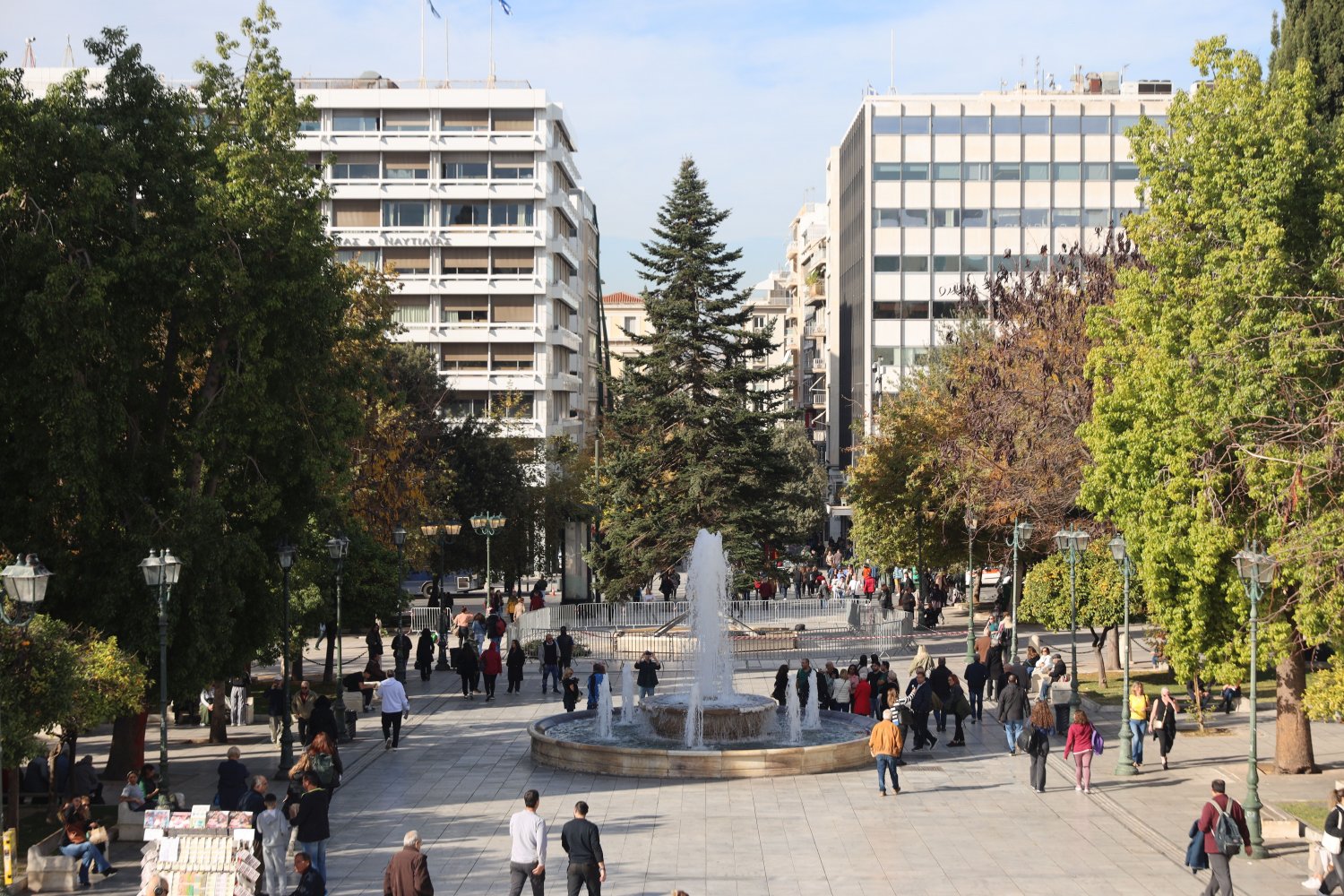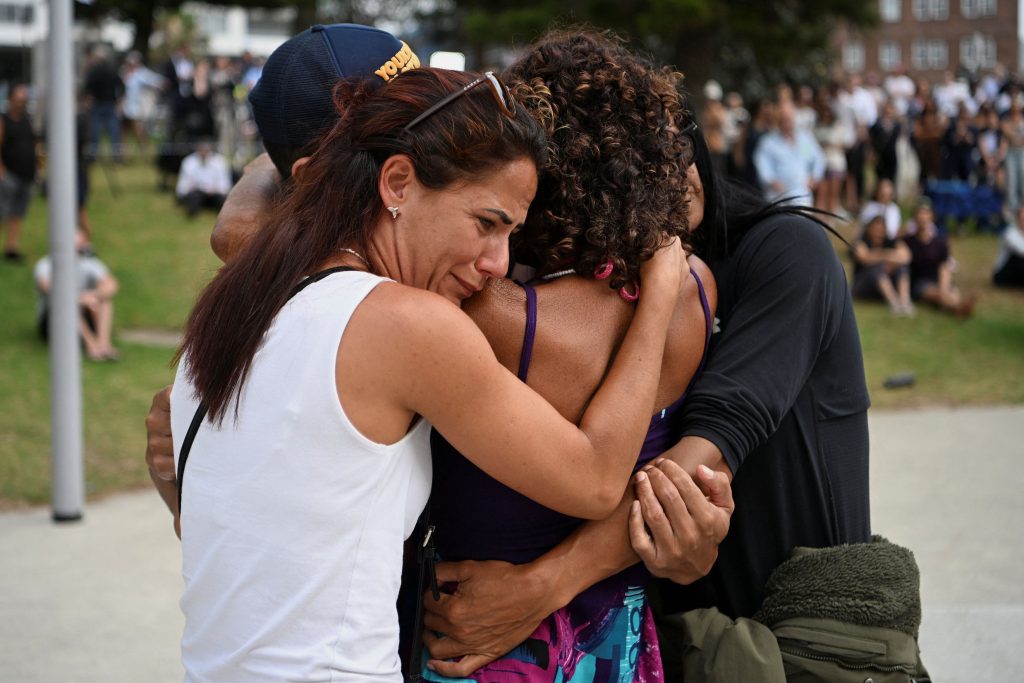A recent opinion poll captured the expectations of Greeks for the year ahead on an individual, collective, national, and international level. The nationwide survey revealed that the majority of Greeks a far from optimistic especially in relation to their personal well-being, social justice, and the protection of their nation in an increasingly volatile world.
From an individual perspective, the simple yet telling question, “How do you think you will be living one year from today?” confirms that Greek society seems to have lower expectations compared to the past. According to the opinion poll, only 25% of respondents believe they will be living better than they are now, while for 38%, no change is expected, and for 34% foreseeing deterioration in their quality of life.
These expectations appear to be influenced by individuals’ social integration, with the more affluent showing greater hope for the future. Among rural or working-class respondents, just 18% anticipate improvement, while 35% of upper-class participants are more optimistic about their prospects.
As their personal goals for 2025, a total of 42% of respondents prioritize improving their financial situation, with younger individuals, aged 17-34, desiring the improvement of their financial position most of all as a prerequisite for self-liberation (56% compared to 42% in the total).
Participants place family and close relationships by 37% second, along with strengthening social life and friendships by 14%. Lower down is the goal of “doing something good for society” (23%), which represents the collective aspect beyond the individual circle.
It is worth noting a gender distinction with men more than women clearly stating that they would like to spend more time on their family and close relationships (42% compared to 32%), while women are more likely to choose finding time for themselves (40% compared to 30% in men).
On a collective level, the social-political priorities concern the protection of vulnerable groups with 61% of overall responses advocating for strengthening the welfare state. Strengthening education, a traditional pillar of opportunity in Greece, was a priority for 52%, while 33% called for efforts to reduce material inequality. Security concerns also emerged, with 30% of respondents calling for stricter controls on immigration.
It is interesting that, in terms of broader goals for the country in 2025, citizens prioritize making the country more socially just (51%) along with making it economically and geopolitically stronger (43%). This may reflect the search for a better horizon of expectations and a new sense of national self-confidence. These goals are complemented by security against external threats (36%) and the wish to make the country more attractive to its residents (33%).
On the international stage, the survey highlights the geopolitical instability affecting public sentiment. A significant portion of respondents expressed strong support for better protection of Greece’s borders (61%) and the creation of a unified defense space for Europe (53%), signaling a heightened concern for security and stability in an unpredictable global environment.




